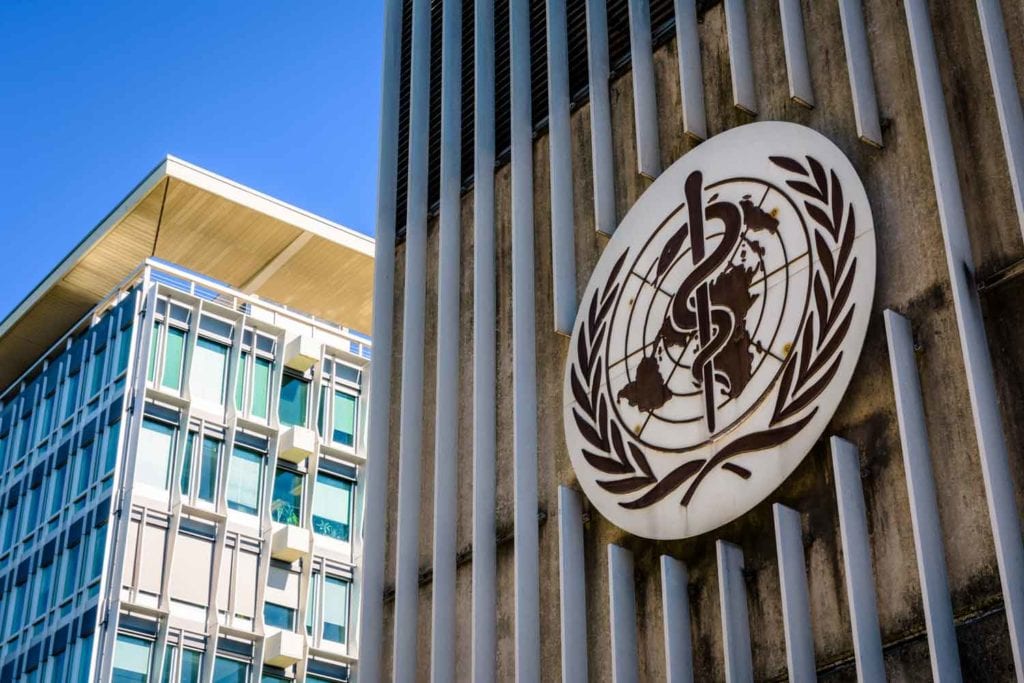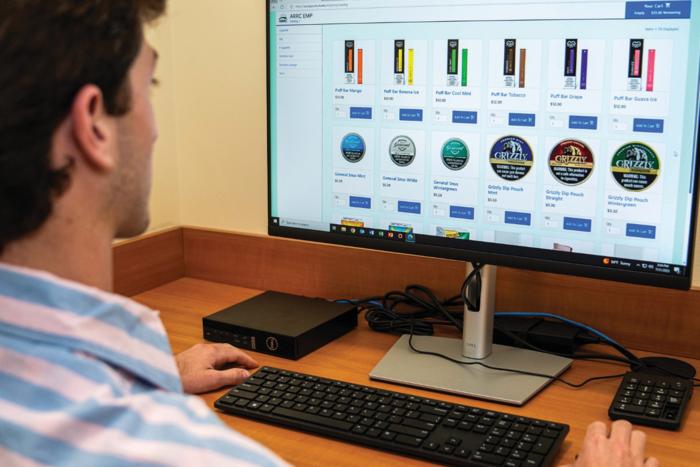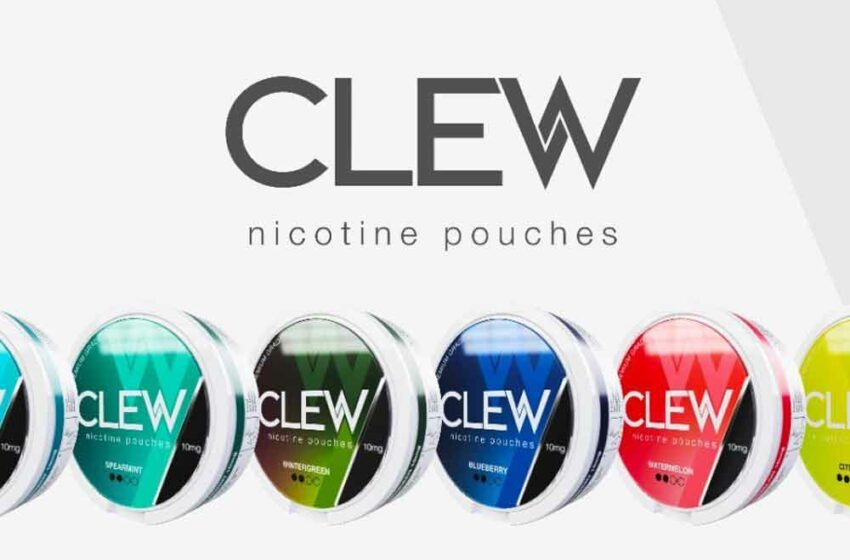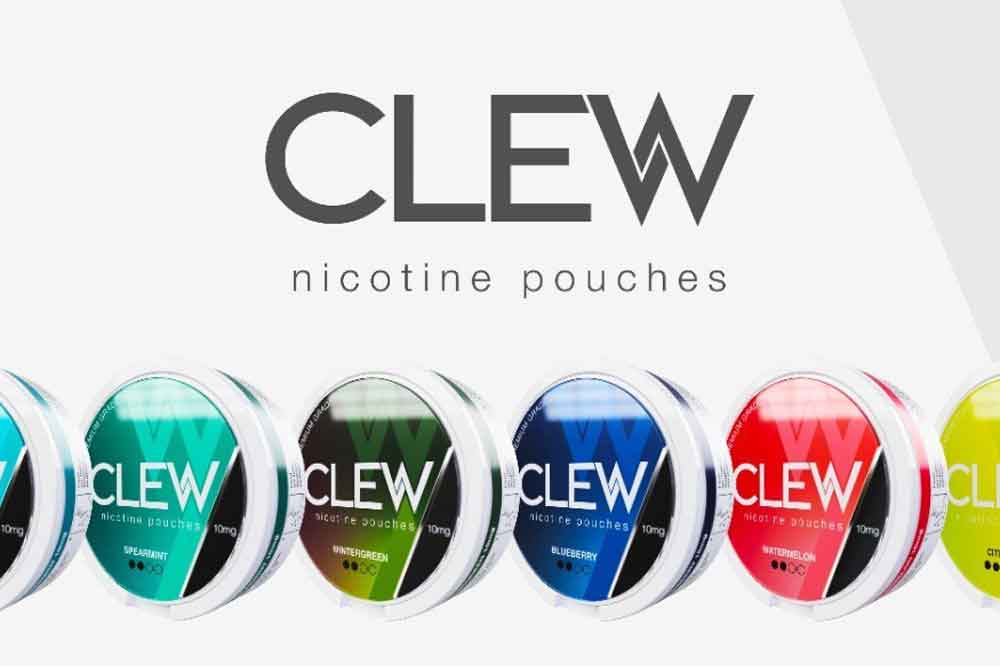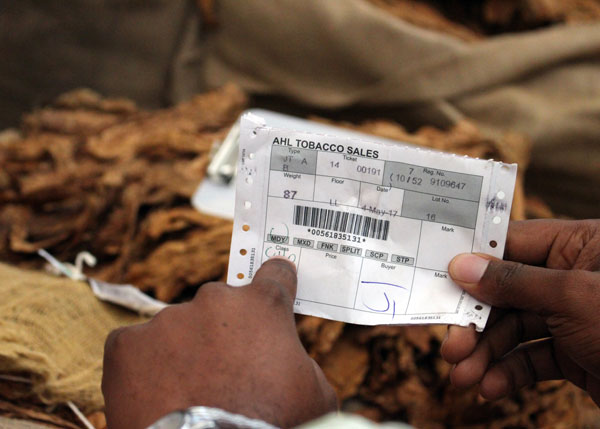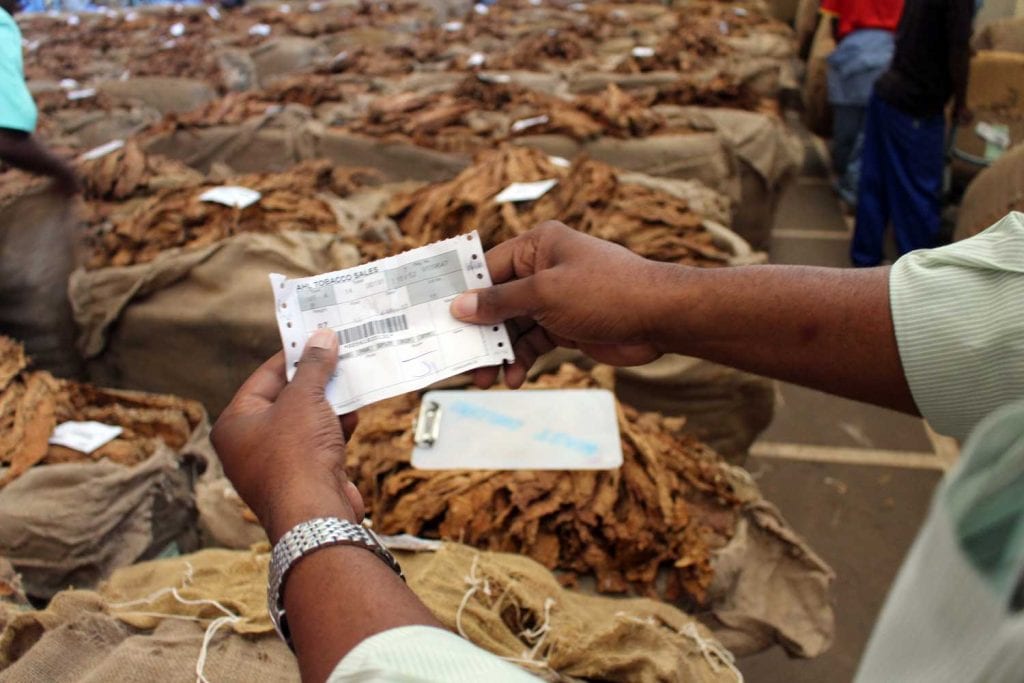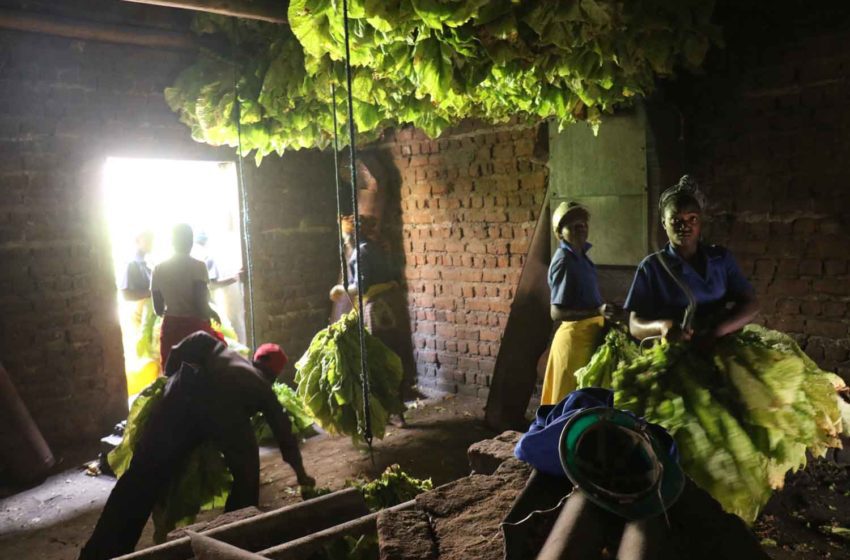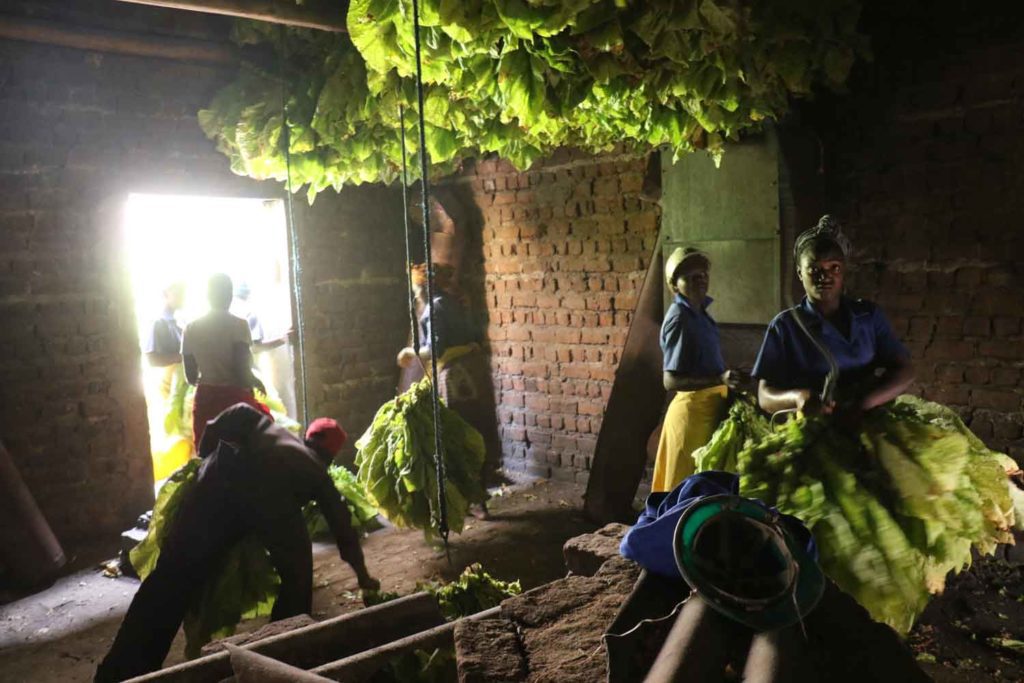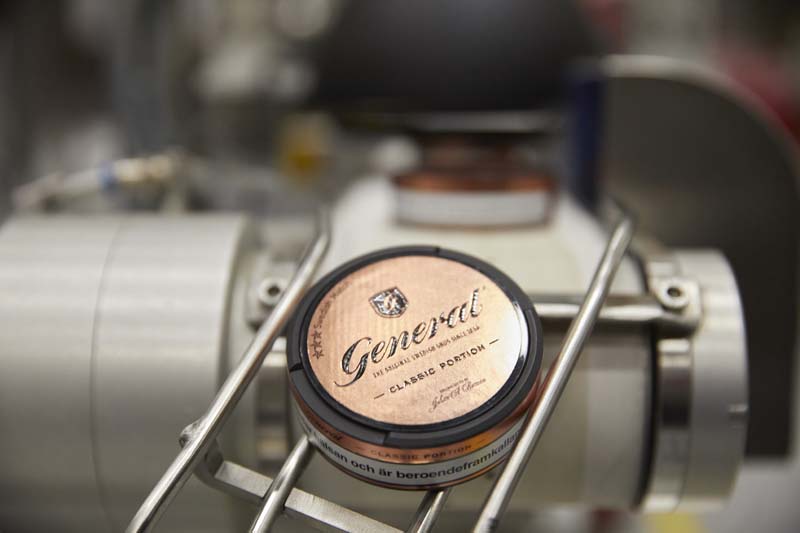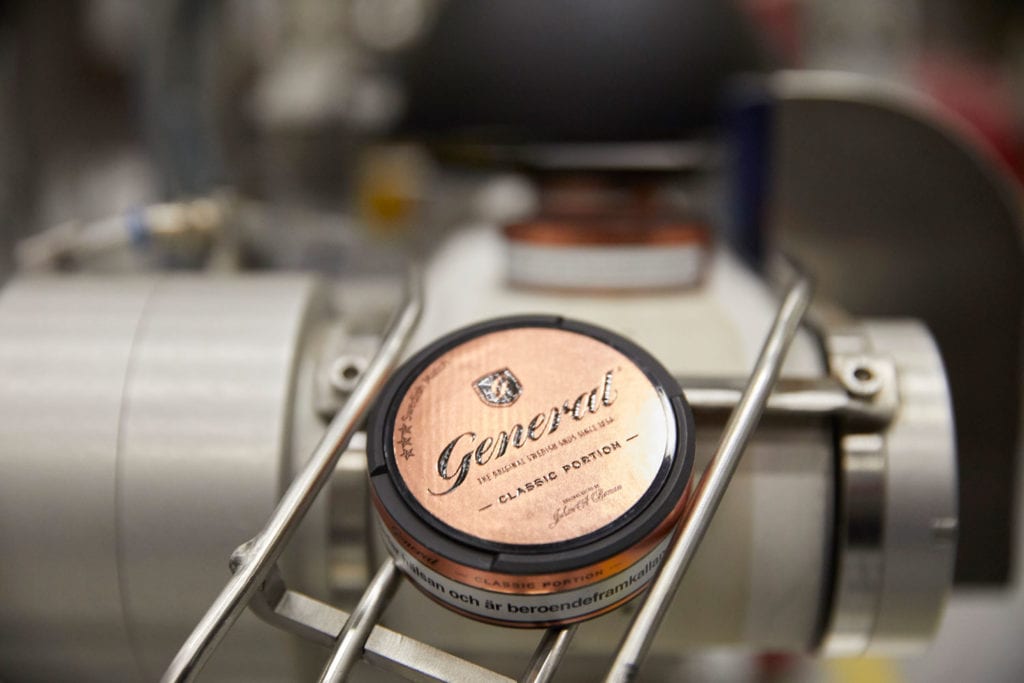Restricting menthol flavor in cigarettes while making nicotine replacement therapy more available and affordable has the potential to reduce socioeconomic disparities in tobacco use.
That was one of the findings in a study published in May in Nicotine and Tobacco Research that marks a new use of existing data from the Fralin Biomedical Research Institute at VTC’s Addiction Recovery Research Center. Researchers analyzed data from their Experimental Tobacco Marketplace to look beyond broad effects of tax and regulatory policies for the journal’s special issue on the health equity effects of restricting flavored nicotine.
Smoking also accounts for more than 30 percent of the difference in life expectancy among socioeconomic groups, according to the study’s lead author, Assistant Professor Roberta Freitas-Lemos.
Freitas-Lemos said the team saw an opportunity to use the marketplace to extend the Fralin Biomedical Research Institute’s work in addressing equity and inclusion in health research.
“We realized we could use an existing data set, split the sample in two based on socioeconomic status, and compare how policies implemented affected purchase behaviors of different groups,” she said in a statement. “The study has shown us that flavor restrictions may decrease tobacco-related disease and death rates.”
According to the researchers, it also points to the need to evaluate tobacco restrictions in a broader context, as cigarette substitution is highly dependent on what other products are available.
In the Experimental Tobacco Marketplace, study participants use an online account to purchase tobacco and nicotine products based on their reported use. Researchers adjust the product mix and pricing to predict their effects on purchase behavior. The marketplace applies the economic concept of substitution effect, in which decreased sales of a product can be attributed to purchasers switching to alternatives as prices rise.
“We came up with a methodology, endowed it with an Amazon-like interface, and we give study participants an amount to spend based on their reported use,” said Warren Bickel, professor with the Fralin Biomedical Research Institute and director of the Addiction Recovery Research Center. “In the process, we’re understanding how new policies may change consumers’ behavior.”
What’s critical, he said, is understanding the interplay of policies. “We’ve shown there’s a policy that ameliorates disparity, but if you implement a second, different policy simultaneously, it destroys that effect,” Bickel said. “We think this is an exciting outcome. If we can actually start addressing and forecasting the impact of policy on health disparity, that’s a game-changer.”
Bickel also is director of the institute’s Center for Health Behaviors Research and a psychology professor with Virginia Tech’s College of Science. Freitas-Lemos also is assistant professor in the College of Science and is part of the Fralin Biomedical Research Institute’s Center for Health Behaviors Research and Cancer Research Center.
In addition to Freitas-Lemos and Bickel, Fralin Biomedical Research Institute authors on the study include Research Assistant Professor Allison Tegge and Assistant Professor Jeffrey Stein.
The research is supported by the National Cancer Institute of the National Institutes of Health. “This elegant work by Dr. Freitas-Lemos, Dr. Bickel, and their colleagues spans behavioral neuroscience and tax policy. It represents an emerging area of importance in cancer research that is becoming a major area of emphasis at the National Cancer Institute,” said Michael Friedlander, Virginia Tech’s vice president for health sciences and technology and executive director of the Fralin Biomedical Research Institute. “We are very fortunate to have such an array of talent among our research community that is poised to move the needle in this important new focus for both initial cancer prevention and relapse.”
The team focused on data that simulated the effects of a menthol cigarette ban and a flavored electronic cigarette ban on study subjects based on education and income levels. The analysis examined four conditions: one that mirrored the current market environment, one that imposed only menthol cigarette ban, one that imposed only e-cigarette flavor restrictions, and one that restricted both menthol cigarettes and flavored e-cigarettes.
Researchers saw significant differences under the one that mirrored the current market: Participants in the high socioeconomic status group purchased fewer cigarettes, more e-cigarettes, and more nicotine replacement therapy. The lower-status group purchased more cigarettes, fewer e-cigarettes, and fewer replacement-therapy products. Researchers speculate that menthol allows users to inhale more deeply, potentially allowing smokers with restricted resources to optimize their nicotine intake.
The main finding was that a menthol cigarette flavor ban only significantly decreased disparities with the group with lower socioeconomic status purchasing fewer cigarettes and more nicotine replacement therapy than the group with higher socioeconomic status.
They also found that flavor restrictions lessened differences between the groups’ purchases of nicotine replacement therapy.
The journal’s special issue inspired the current research, but the team has been looking for opportunities to extend a health equity lens to the experimental marketplace.
“We see the prevalence of cigarette use decreasing in the United States, but the disparities are increasing,” Lemos said. “Having an experimental model that can investigate that is important to the field of tobacco research.”




